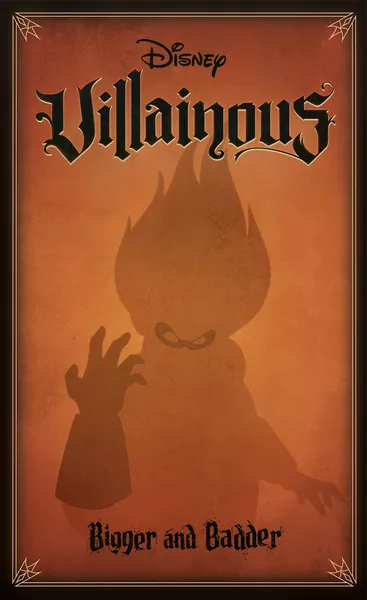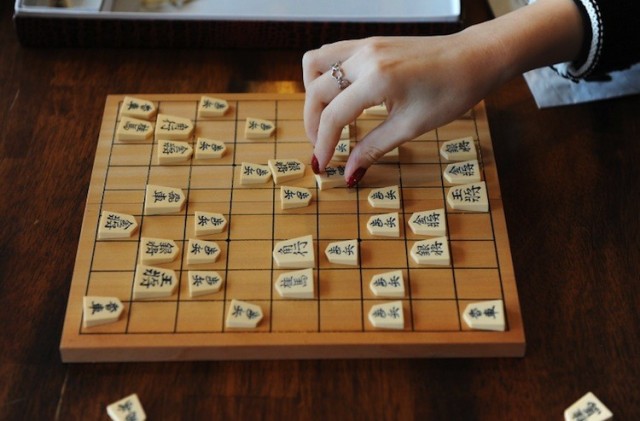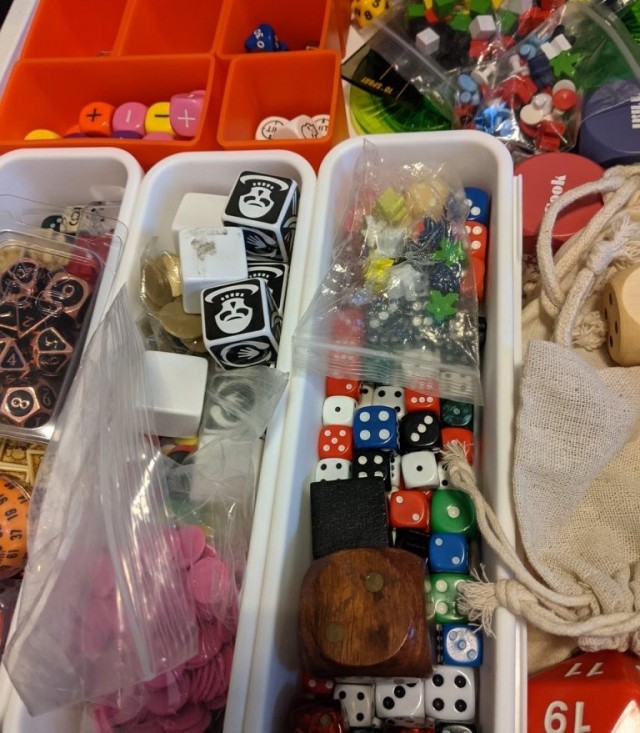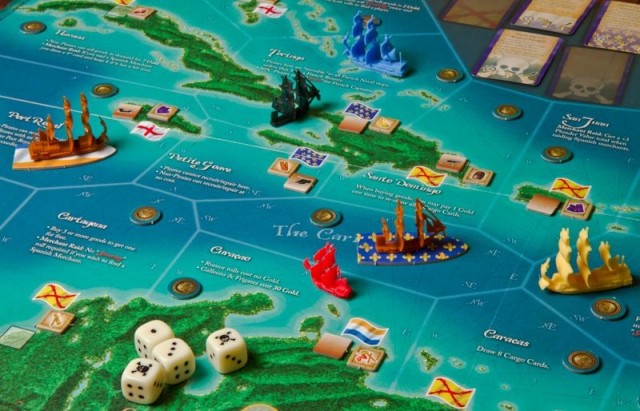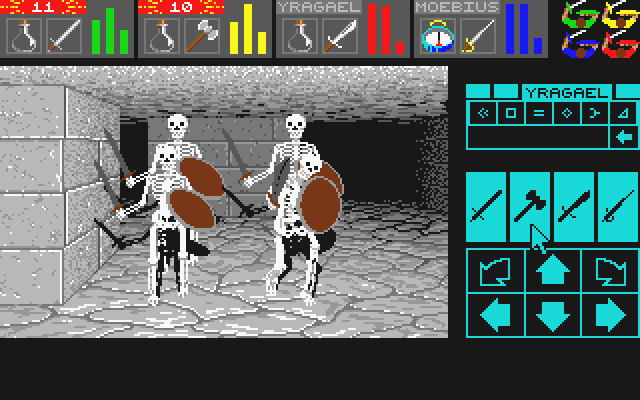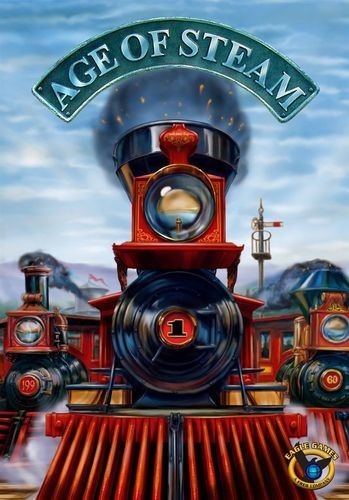The first hobby game that I learned to play was The Settlers of Catan, which I got into just prior to my senior year of college. Needless to say, it was a big hit with me and my friends, but we had a very real problem with the game: it only played four people. Imagine our delight when we discovered that there was a way to expand the number of players who could be accommodated by a small box with extra components to let two more people play. We played so much that it’s a miracle we graduated at all.
After I got neck-deep in this fool hobby, I discovered that expansions were actually quite common. And most of them didn’t simply enable more people to play, but also added new rules and mechanisms to give the game legs for the jaded expert. When you first get into the hobby, it’s easy to think that expansions are pretty awesome. There’s a delightful honeymoon period where you love every game you try, and every game you love likely has an expansion. But something happened in the last few years, and expansions have become more and more common with every passing title. Rather than a curtain call for the very successful games, they are an assumed fact for any game that is remotely successful.
There are a couple reasons for this shift. I think the turning point was the 2008 release of Dominion, the first symptom of what became deck-builder-osis. Designer Donald X. Vaccarino did a series of fascinating designer diaries on the game as it approached, and in those diaries he revealed that Dominion was a much larger-scale product than what would eventually end up in stores. Indeed, though there were just 25 action cards in the box, he had designed over 200, all in various stages of development. Should the game be a hit, expansions would be right around the corner. Obviously that’s what happened. The first expansion came out a mere six months after the first game, with another following roughly every six months since then. Of all of the ways that other deck-building games have imitated Dominion, this is probably the most insidious.
But I think that even if Dominion hadn’t come around, we might have ended up in this situation anyway. Those who design and produce board games are not usually flush with cash. It’s my understanding that the profit margins in board-gaming have never been very big. As consumers expect bigger and better productions, a steady revenue stream of expansions for a known commodity is the closest to a sure thing in the industry. It’s like the studio executive who pours millions of dollars into endless sequels. In an economy where there are few certainties, the niche market of board gaming, with its endless line of defunct publishers, could use something reliable. If it hadn’t been Dominion, it would have been something else.
I should state here that, at least in theory, I don’t have a big problem with expansions. Game publishers exist to make money, and expansions are as good a way as any to do it. The best ones open up games and make them something special. Small World and Carcassonne both become the games they were meant to be when you add at least a couple expansions. There are a couple other games that are terrific on their own that are brought to another level through expansions, like Innovation and Mare Nostrum. And then there are cases where a little more variety is always welcome, as in Power Grid or the best-expanded game ever, Cosmic Encounter.
But more and more I find myself passing on new installments of the games I really love. Three years out and I still haven’t played any of the numerous expansions to Agricola. I’m not opposed to the idea, but the first one came out at a point when we were welcoming our firstborn, and other things took precedent. At the time I regretted missing it, but the original box that I bought all those years ago has proven to be surprisingly resilient. It turns out I haven’t needed it at all. I bailed on Dominion when I couldn’t play the expansions I had enough to continue buying the new ones. And while I had an initial blush of love for both expansions to Battlestar Galactica, some recent sessions with just the base game have confirmed what many have been saying for years: that the game was basically perfect in its original form, and that the expansions had a tendency to make the experience much less reliable.
And even when an expansion is a best-case scenario, the increased complexity makes learning the game with new people much more challenging. I’ve bought a couple expansions that only get played a few times, and then never see the light of day again. I doubt I will ever play Dominion again with anyone who isn’t related to me, because the cards that will be used will undoubtedly be entirely unfamiliar to me, and I’ll spend the whole game losing in spectacular fashion. It also makes getting into the game at a later point more intimidating.
There have been some expressed concerns that such relentless expansion can’t be good for the hobby. If publishers keep investing in expansions, how will there ever be enough for the new fresh design? While I understand the weariness, I’m not sure it’s as dire as all that. While bigger publishers like Fantasy Flight may seem to only be interested in games that can crap out endless expansions, plenty of smaller publishers are willing to take a chance on something unproven. This is actually where I think Kickstarter and other crowdsourcing sites are most valuable. Whether this happens in practice is another matter, but the doors are at least still open. And if Fantasy Flight wants to keep on releasing expansions to Talisman and Cosmic Encounter, I have zero problem with that. Other people feel the same way about Descent, or Arkham Horror, or whatever other title.
A large part of this frustration is the realization that the biggest regrets in my collection are usually those games where I bought one expansion too many, and now there’s a couple bags of components that sit in the box and mock me whenever I play. And that’s probably the biggest problem with the whole expansion thing. It’s not that publishers keep putting them in front of us. It’s that I, as the consumer, am sometimes too stupid to know that I don’t need them. I’m getting better at it, but like everyone else I have a long way to go.
 Games
Games How to resolve AdBlock issue?
How to resolve AdBlock issue? 
